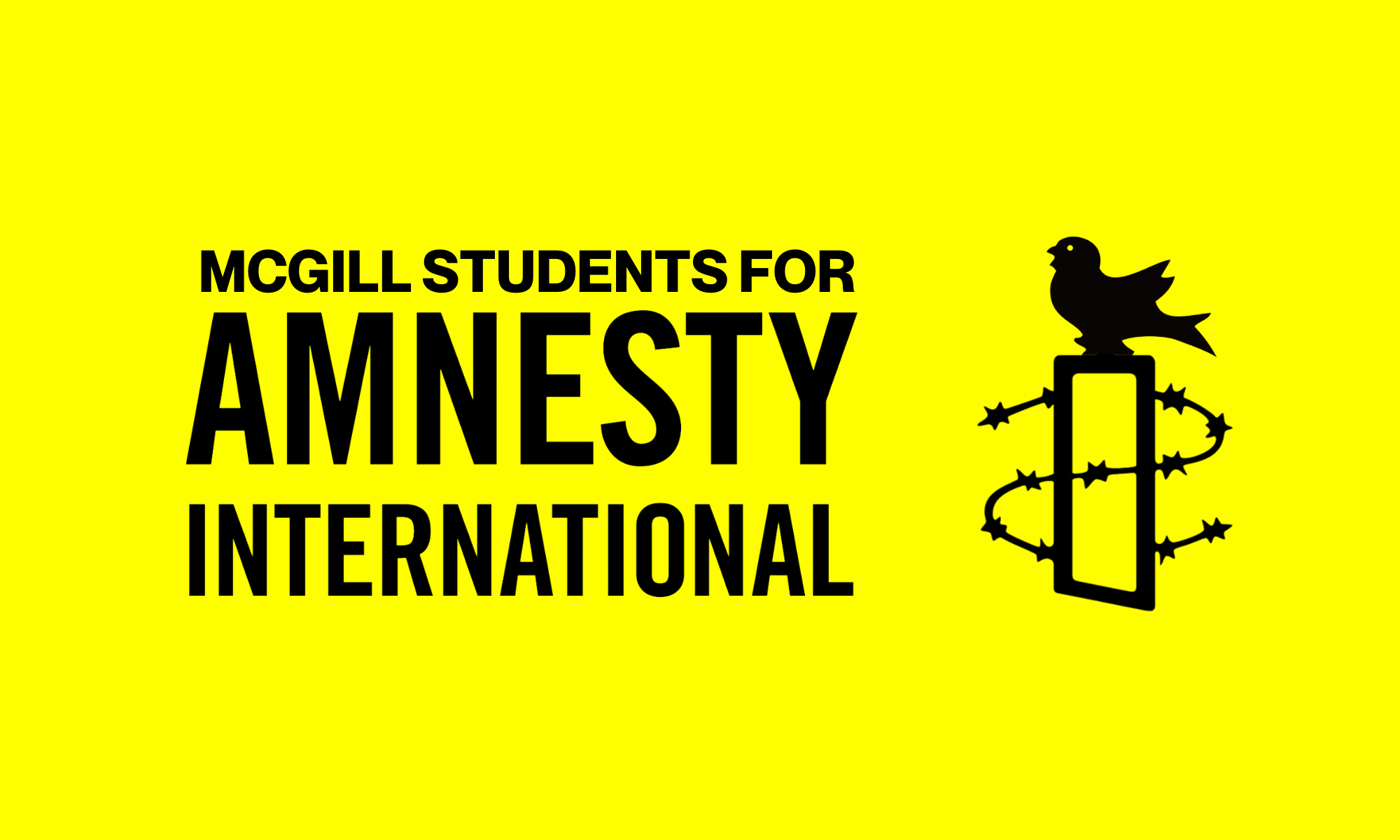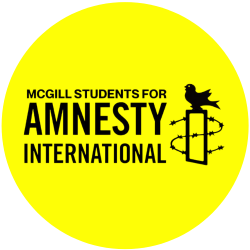By Lucas Hak
With everyone now locked down in Canada and our worlds shrinking so dramatically, the notion of mass of immigrants and refugees could not be further from our current experience. However, this is still the reality for millions of individuals. On October 20th, McGill Students for Amnesty International and WUSC McGill hosted a showing of the documentary Human Flow by Ai Weiwei. This film seeks to tell the story of the millions of people who have been forcibly displaced from their homes. Set during the peak of the Syrian refugee crisis, as well as focusing on displacements in the West Bank and Kenya, the messages of film are still prevalent today.
By the numbers
The large number of Syrians displaced due to war have largely remained either internally or externally displaced. There are over 6.6 million Syrians who are still taking refuge in other countries around the world, predominantly in Turkey and Germany, and another 6 million internally displaced individuals. More recently, over the last few years, the emigration of people from Venezuela has escalated to considerable levels in a very short time frame. Through the end of 2019 there were an estimated 4.5 million Venezuelans displaced primarily to Columbia and Peru.
These two migrations represent unfathomable challenges facing a truly incomprehensible number of people. However, these events are not unique, and only make up a small part of the approximately 100 million people who have been forcibly displaced from their homes due to some crisis. Of this number only 37 million were able to find a solution. The majority returned to their country or place of origin but many others were able to resettle or naturalize in another state.
From Migration to Resettling
Despite being the preferred solution for many refugees, there is little hope of returning to their original home. Instead they must settle in a new place, which often ends up being their country of asylum. This process is not easy and comes with many cultural and economic challenges. The World Bank estimates that 80% of the refugees in Uganda are unemployed. However, successful integration into a host can ultimately be the best option for both the settlers and the community. A series of reports by Deloitte Access Economics describes the advantages of the 800 Karen refugees who settled in Bendigo, Australia. The locals note that the new additions had “an unexpected and positive impact on the broader community”. The report also estimates an economic increase in excess of 67 million Australian dollars from settlers over a 10 year period. The positive outlook for the settlement of refugees is also present in Canada. After the first 5 years of arrival in Canada, refugees have similar economic prospects and unemployment as a Canadian born citizen. These refugees contribute back to their communities with higher entrepreneurial rates then Canadian born citizens. There are currently nearly 100,000 asylum cases pending for people trying to find security in Canada, and we should welcome as many of them as possible.
As we move towards the 70th anniversary of the United Nations Convention on the Status of Refugees, we are faced with the stark reality that the pressures forcing people to flee their homes are only increasing. It is our responsibility to support initiatives like Amnesty Canada’s I Welcome Refugees and reaffirm the global responsibility to protect the inherent right of all refugees and displaced persons to safety and security.
Amnesty International Canada stands for increasing international cooperation to protect the rights of all humans. To join and contribute to the I Welcome Refugees campaign, find more information here.
Checkout the United Nations High Commissioner for Refugees and their reports for the current global trends in displacements here.

